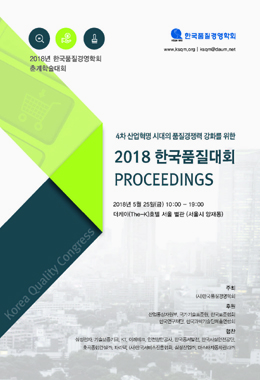Purpose : The collective civil complaint problem is considered as important obstructive factor of the nuclear power plant construction project’s success and quality. Therefore, this study demonstrate the factors which can affect the settling collective civil complaints, and also suggest the improvement of the resolution.
Methods : This study collected the data of Kori Nuclear Power Division staff, local residents and Hanul Nuclear Power Division staff, local residents, and use them for analysis.
Results : The results are twofold in the study: First, the ‘Situation Recognition’ and ‘Mutual Cooperation’ which are independent variables for solving collective civil complaints have proved to give positive influence on both the nuclear staff and the local residents about the complaint resolution outcome of the dependent variable. Second, the moderation variable ‘Expected Benefit’ on the influential relationship between the collective civil complaint resolution factor and the civil complaints resolution outcome proved to have a moderating effect only on the nuclear staff. On the other hand, moderation variables ‘Time of SOC Business Implementation’ and ‘Time of Compensation’ proved to have a moderating effect only for the local residents.
Conclusion : According to the results, the staff have a positive opinion on the benefits of the nuclear power plant construction, while residents feel strongly that they do not get any benefit from the construction despite of tremendous investment and expected benefit in local area. As this results, policy implementation which is superable different understanding is required.




